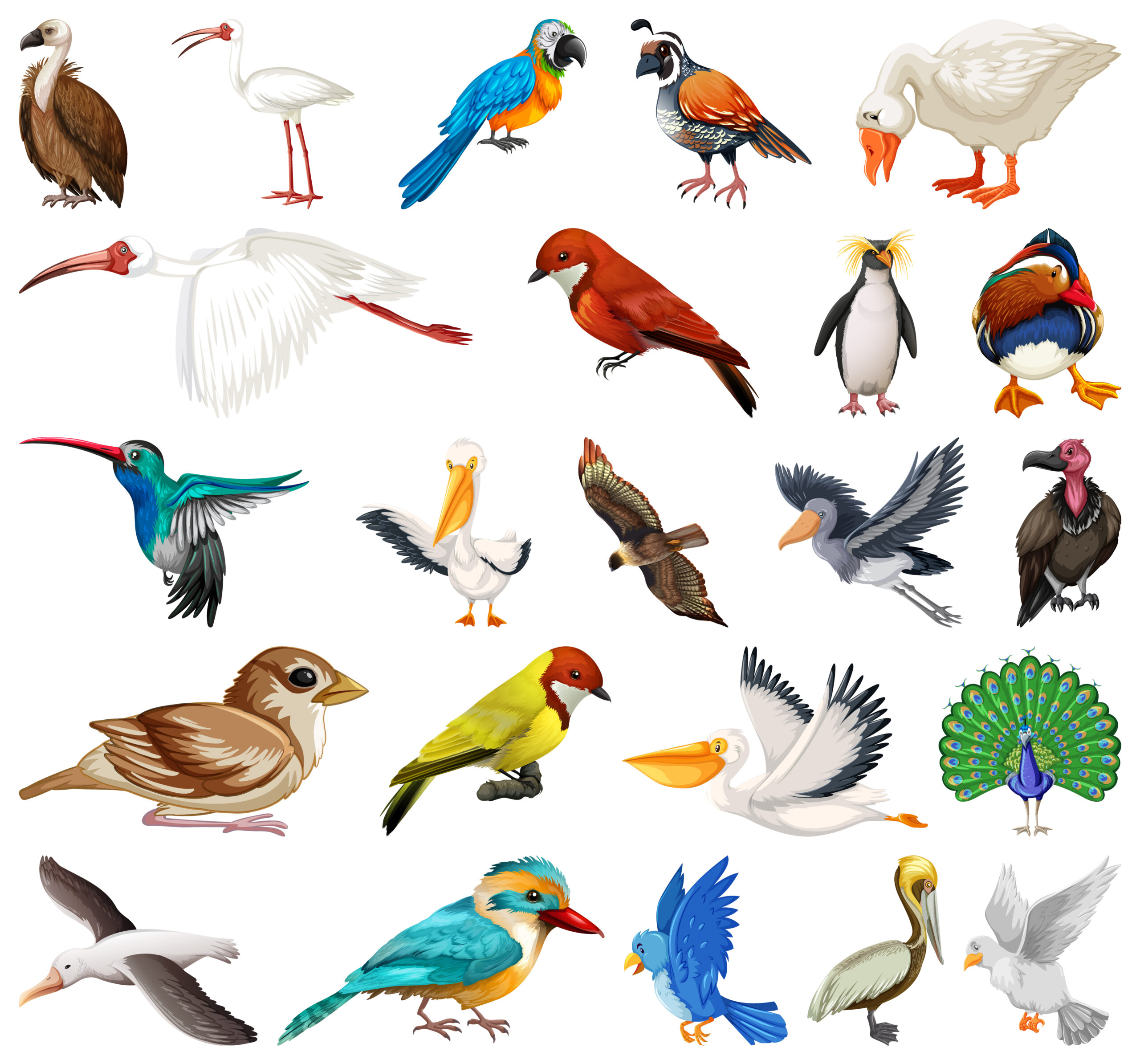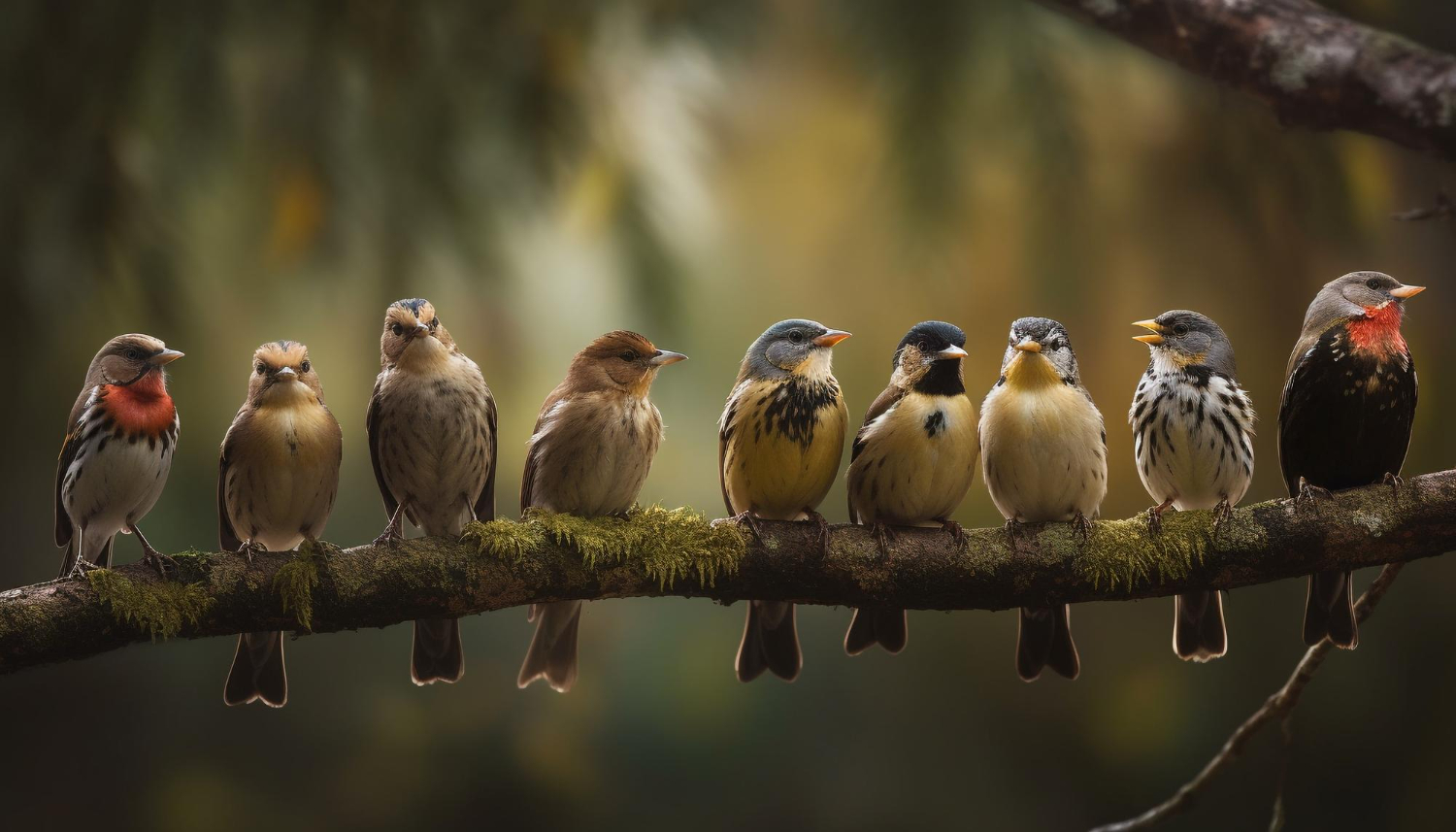Birds are some of the most intriguing creatures in the animal kingdom. From their bright feathers to their ability to fly, they have fascinated humans for centuries. But one question often pops up when discussing their biology: Are birds cold-blooded? This question might seem simple, but the answer reveals a lot about how birds live, thrive, and survive in their environments. Let’s dive into this topic and explore some fascinating facts about bird physiology.
What Does Cold-Blooded Mean?
Before answering the question, Are birds cold-blooded?, it’s essential to understand what being cold-blooded actually means. Cold-blooded animals, also known as ectotherms, rely on external sources to regulate their body temperature. Creatures like reptiles, amphibians, and fish fall into this category. They depend on the sun or warm surfaces to stay active and functional.
In contrast, warm-blooded animals, or endotherms, produce their own heat internally to maintain a stable body temperature. This allows them to stay active in a wide range of environments, even during cold weather. So, where do birds fit into this?
Are Birds Cold-Blooded or Warm-Blooded?
The short answer is no, birds are not cold-blooded. Birds are warm-blooded creatures, just like mammals. This means they can regulate their own body temperature without relying on the environment. Their internal systems work efficiently to keep their body temperature stable, even when the weather outside is extreme.
This ability is a significant advantage. It allows birds to live in diverse habitats, from the icy tundra to scorching deserts. Whether they’re building nests high in the mountains or diving deep into the ocean for food, their warm-blooded nature plays a critical role in their survival.
Why Are Birds Warm-Blooded?
Now that we know the answer to Are birds cold-blooded? is no, let’s look at why being warm-blooded is essential for birds. Birds need a lot of energy to maintain their active lifestyles. Whether they’re flying long distances during migration or hunting for food, they burn calories quickly. Being warm-blooded helps them meet these energy demands.
Their bodies produce heat through a fast metabolism. This high metabolic rate keeps their muscles and organs working efficiently. It also ensures their feathers stay in good condition, which is vital for insulation and flight.
How Do Birds Maintain Their Body Temperature?
While answering Are birds cold-blooded?, it’s important to understand how birds manage their body temperature. Birds have unique adaptations that help them stay warm in cold climates and cool in hot environments. Here are some fascinating facts:
- Feathers: Feathers are not just for flying and looking pretty. They’re excellent insulators. Birds fluff up their feathers to trap warm air close to their bodies when it’s cold.
- Shivering: Yes, birds can shiver! Just like humans, shivering helps generate heat in cold weather.
- Panting: In hot conditions, birds pant to release excess heat. This is similar to how dogs cool down.
- Behavioral Adjustments: Birds often seek shade or water to cool off or huddle together to share body warmth during colder months.
Do Any Birds Act Like Cold-Blooded Animals?
Even though the answer to Are birds cold-blooded? is no, some birds show behaviors similar to cold-blooded creatures. For example, certain species enter a state called torpor. Torpor is a temporary hibernation-like condition where a bird’s body temperature and metabolism drop significantly. This helps conserve energy during extreme conditions, such as freezing nights or food shortages.
Hummingbirds are a great example. These tiny birds use an incredible amount of energy during the day. At night, they lower their body temperature to save energy, acting almost like cold-blooded animals temporarily.
How Do Birds Survive in Extreme Climates?
Birds’ warm-blooded nature allows them to survive in some of the harshest climates on Earth. The question Are birds cold-blooded? might make you wonder how they manage to live in places like the Arctic or deserts. Here’s how:
- Arctic Birds: Species like penguins and puffins have thick layers of feathers and fat to insulate them from the cold. Penguins also huddle in large groups to share warmth.
- Desert Birds: Birds in hot regions, like the roadrunner, avoid the heat of the day by being most active during cooler hours, such as early morning and late evening. They also use their beaks and legs to release excess heat.
How Does Being Warm-Blooded Benefit Birds?
The benefits of being warm-blooded are clear when we explore the question, Are birds cold-blooded? Warm-blooded birds have several advantages:
- Adaptability: They can survive in a wide range of habitats and climates.
- Activity Levels: Warm-blooded birds can remain active regardless of the temperature.
- Predator Avoidance: Being active in cold conditions gives them an edge over cold-blooded predators that might be sluggish in the same environment.
Myths About Birds Being Cold-Blooded
Sometimes people assume that birds are cold-blooded because they see them behaving in ways similar to reptiles. For example, you might spot a bird basking in the sun, leading to the misconception. But basking is not a sign of being cold-blooded; it’s a way to conserve energy or warm up after a cold night.
Another myth stems from the fact that birds evolved from reptiles. While it’s true that birds share ancestry with dinosaurs, they have developed many traits that set them apart, including their warm-blooded nature.
Conclusion
So, Are birds cold-blooded? The answer is a resounding no. Birds are warm-blooded creatures with remarkable adaptations that help them survive and thrive in almost every corner of the planet. From their insulating feathers to their high metabolism, everything about a bird’s physiology is designed for an active and adaptable lifestyle.
Understanding the warm-blooded nature of birds helps us appreciate these incredible creatures even more. Whether soaring through the skies, diving into the ocean, or perching in your backyard, birds are a testament to the wonders of evolution and adaptation. So, the next time someone asks you, “Are birds cold-blooded?” you’ll not only know the answer but also have some fascinating facts to share!



